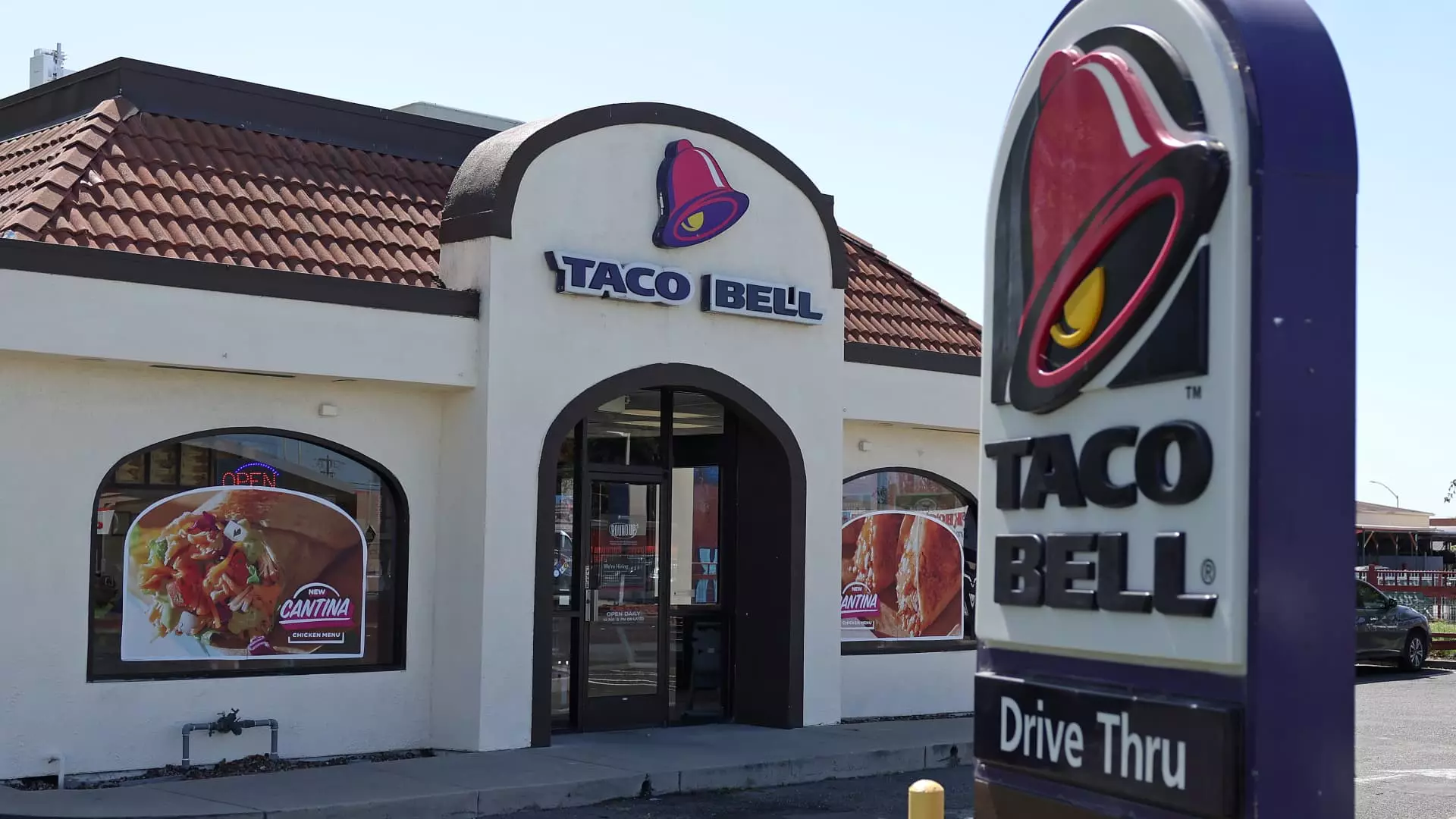The recent E. coli outbreak linked to McDonald’s has ignited significant concern across the fast food industry, leading Yum Brands to implement precautionary measures by removing fresh onions from select locations of Taco Bell, KFC, and Pizza Hut. This proactive decision, as stated by a Yum Brands spokesperson, underscores the company’s commitment to prioritizing food safety and public health in the face of emerging threats. With health authorities reporting multiple cases across several states, the response from major restaurant chains emphasizes the fragility of public trust in the fast food sector when health issues arise.
The outbreak has been alarming, with one death reported and 49 confirmed illnesses across ten states, including regions like Colorado and Nebraska. E. coli, a harmful bacterium found in contaminated food, poses a severe risk, particularly when it comes to undercooked food items or raw vegetables. The Centers for Disease Control and Prevention (CDC) has conducted interviews with individuals impacted by the outbreak, leading to a potential link with McDonald’s signature Quarter Pounder hamburger. Just as rapidly as this health crisis has emerged, it has prompted swift action from the fast food industry to appease their increasingly anxious clientele.
In their eagerness to mitigate risks, Yum Brands’ decision to withdraw fresh onions from their establishments reflects a broader trend among fast food chains to prioritize customer safety over operational convenience. The company’s statement emphasized adherence to supplier and regulatory guidance, indicating a willingness to cooperate with health authorities to trace the origin of the outbreak effectively. However, questions linger regarding the specific supply chain utilized by Yum Brands. For instance, while U.S. Foods has issued a recall for Taylor Farms-produced onions, it remains ambiguous whether this recall directly influences Yum Brands’ decision to eliminate onions from certain locations.
The E. coli incident highlights the interconnectedness of food supply chains and the complexities involved in tracing the origins of contaminated ingredients. While McDonald’s has acknowledged the removal of their Quarter Pounders from a substantial proportion of their U.S. restaurants, Yum Brands faces the challenge of re-establishing confidence among its customer base. The effectiveness of their response not only affects immediate business operations but could also have long-term repercussions on their public image and sales. Ensuring transparency in their supply chain management will be critical in rebuilding trust with consumers who may be wary of dining at their establishments during periods of heightened concern over food safety.
Ultimately, the E. coli outbreak serves as a crucial reminder of the vulnerabilities present in the fast food industry, pushing companies like Yum Brands to take decisive actions in prioritizing customer health. While response strategies may vary, the overarching goal remains the same: to safeguard public health while navigating the challenges of a heavily scrutinized food landscape. As investigations continue and the sources of contamination are traced, it remains essential for food chains to uphold rigorous safety standards and maintain open lines of communication with their patrons.

